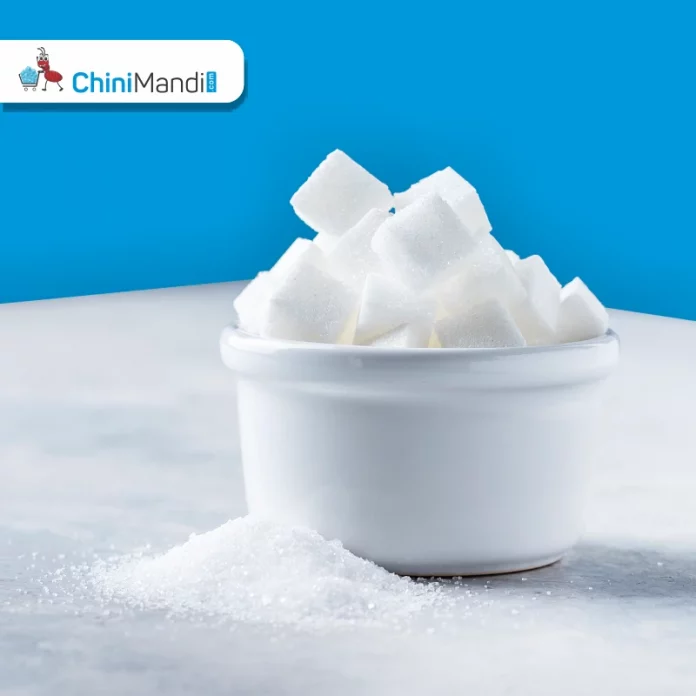The Kenya Bureau of Standards (Kebs) has implemented stringent regulations for sugar imports within the State’s recently established duty-free import framework, which was officially gazetted on August 9, 2023, reported Nation.africa.
This move comes as a response to the critical shortfall in local sugar production, which had caused prices to soar to a record high of Sh250 per kilogram.
To combat the escalating prices and ensure the responsible importation of sugar, the Cabinet had previously approved an extension of duty-free imports. With substantial quantities of sugar expected to enter the market, Kebs has introduced a set of guidelines aimed at preventing potential misuse by unscrupulous traders.
Kebs has specified that all imported sugar accompanied by Certificates of Conformity (CoCs) will be subject to mandatory re-inspection and testing at the port of entry, with these services being provided free of charge. “The sampling process will be conducted in the presence of the importer or their authorized representative and will involve tests to confirm compliance with the relevant standards,” as stated in the agency’s notice.
As per the regulations, imported sugar originating from countries where Kebs has engaged inspection agencies, and which lack CoCs, will undergo inspection upon arrival. Importers will be required to pay a fee equivalent to five percent of the approved customs value for this service.
For sugar imports from countries where Kebs has contracted inspection agents, destination inspection will still be mandatory upon payment of a fee equivalent to 0.6 percent of the approved customs value, along with any applicable testing fees.
To address the sugarcane shortage in western Kenya, the Agriculture and Food Authority suspended sugar milling operations in July. This scarcity was attributed to the neglect of the sugar industry, particularly in regions such as western, Nyanza, Rift Valley, and Coastal areas, where commercial sugarcane production is prevalent. More than 300,000 farmers supply sugarcane to mills, with over 94 percent of the cane coming from out-growers, and the remainder sourced from nucleus estates owned by various milling companies.












